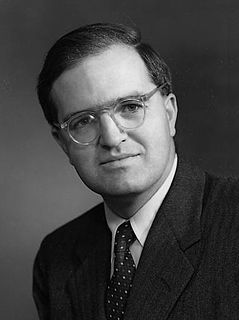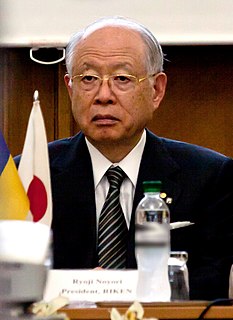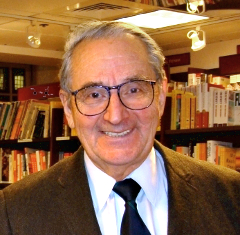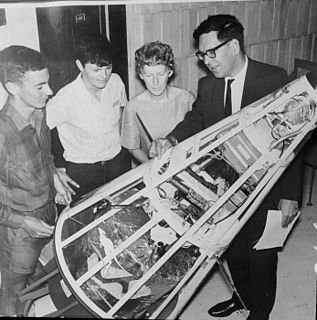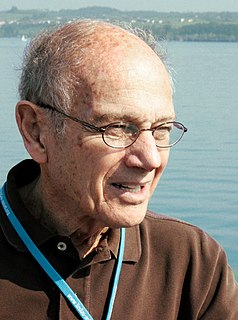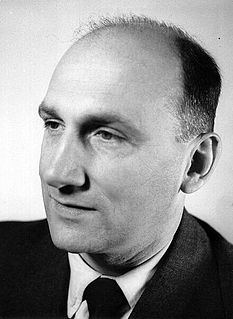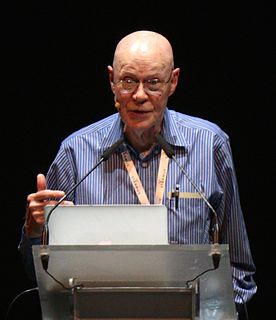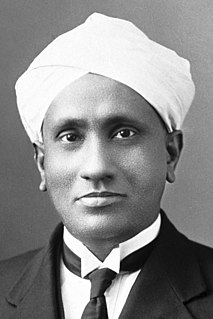A Quote by Wolfgang Paul
In 1952, I was appointed Professor at the University of Bonn and Director of the Physics Institute, with very good students waiting for a thesis advisor.
Related Quotes
By 1954, as an assistant professor with a group of three graduate students, I was able to initiate more complex experimental projects, dealing with the structure, stereochemistry and synthesis of natural products. As a result of the success of this research, I was appointed in 1956, at age twenty-seven, as professor of chemistry.
I came to graduate school at Harvard University in 1954. My thesis supervisor, Julian Schwinger, had about a dozen doctoral students at a time. Getting his ear was as difficult as it was rewarding. I called my thesis 'The Vector Meson in Elementary Particle Decays', and it showed an early commitment to an electroweak synthesis.
My father was a university professor and his thing was tenure. Any time I hear a university professor say tenure, I hear the word dinosaur. You're not supposed to be getting tenure. You're supposed to be figuring out how you can teach more students at a better price and more effectively. That's your job.
My high school career was undistinguished except for math and science. However, having barely been admitted to Rice University, I found that I enjoyed the courses and the elation of success and graduated with honors in physics. I did a senior thesis with C.F. Squire, building a regulator for a magnet for use in low-temperature physics.
I became a member of the faculty at Northwestern University in 1965 but did not complete my thesis until two years later at a graduate ceremony at which Carnegie Institute of Technology became Carnegie-Mellon University. At Northwestern, I was mentored by the 'three Bobs:' Robert Eisner, Robert Strotz and Robert Clower.

